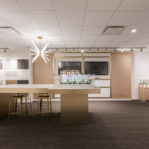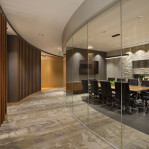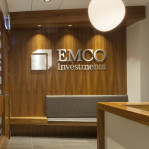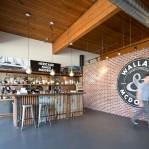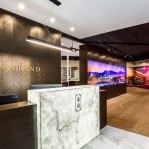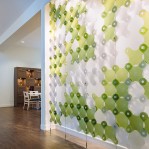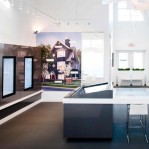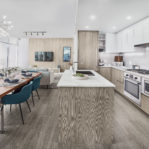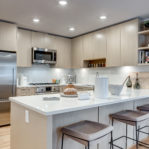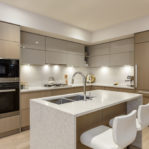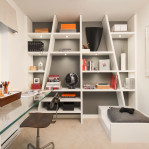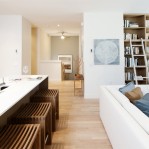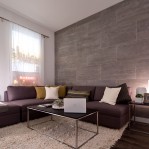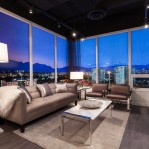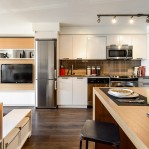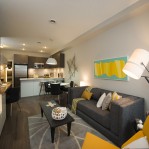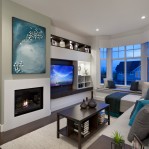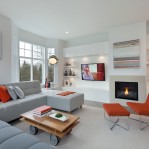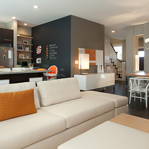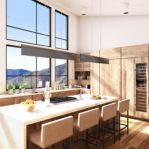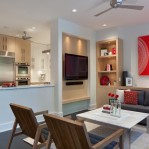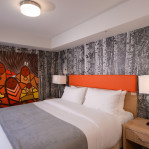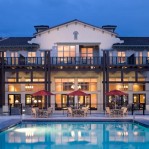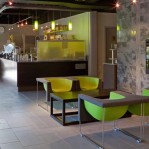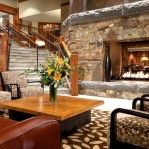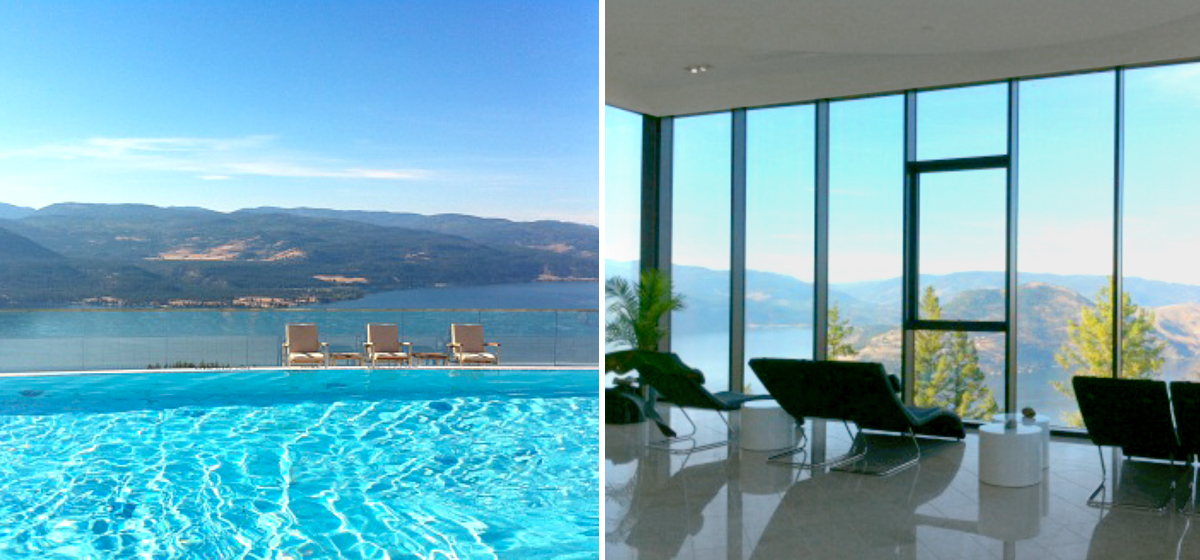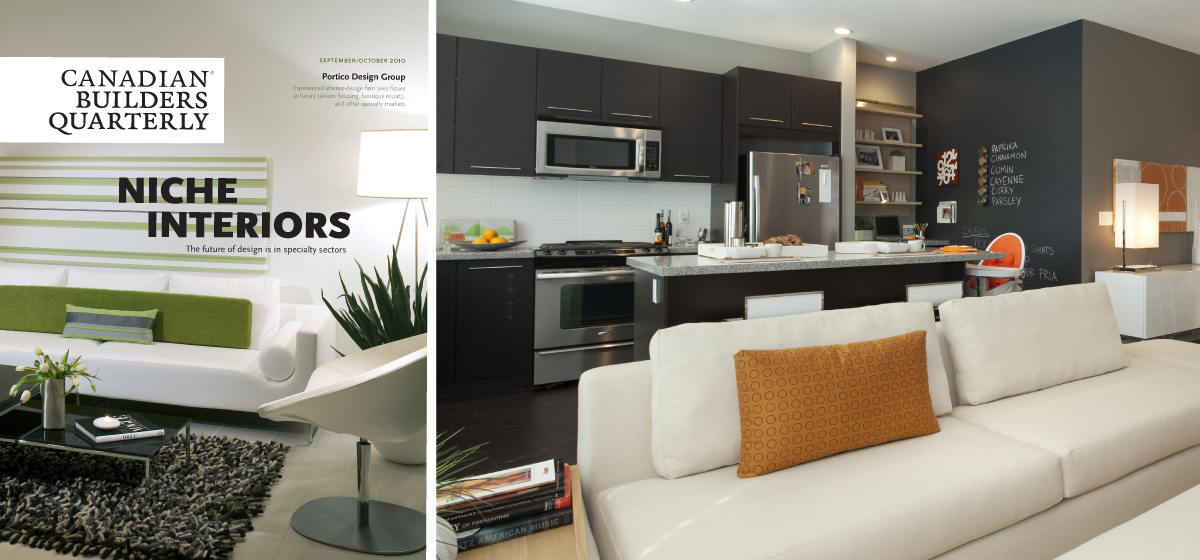PORTICO DESIGNERS VISIT THE HYTEC PLANT IN ARMSTRONG BC
Portico Designer’s Marion Nordin and Brenda Chiu were invited (amongst others) to the Hytec plant tour in Armstrong, BC. Brenda gave us a nice summary of their trip and shared some photos. Looks like the ladies had a GREAT time!
“Our trip started on Tuesday afternoon with a treat to the Sparkling Hills Kur Spa courtesy of Hytec. The moment you walk into the Sparkling Hills Hotel you can smell the aroma of different essentials oils coming from the spa just a few steps away from the sparkly lobby. Marion had a classic pedicure and I had a Fresh Glow facial. Marion’s treatment was in a bright room with floor to ceiling windows having spectacular views of the surrounding hills. I was in a nicely dimmed room with a heated treatment bed. I was refreshed after 16 luxurious facial products and 60 minutes of pampering. After our treatments, we visited the different steam rooms, saunas, sipped tea in their tea room then lounged at their outdoor infinity pool. The views from each room were just breath taking!
Dinner was at the Sparkling Hills Peak Fine Restaurant. Really, everywhere you go you see large impressive Swarovski crystal pendants. Even the dining chairs have crystals on them!
The dinner was enjoyed by our host Rosemarie from Hytec, Juanita and Julie from The Ensuite Bath & Kitchen Showroom, Christine, The Friendly Decorator and Alana, Designer.
We spent Tuesday night at the Predator Ridge Resort clubhouse and had an early start Wednesday with breakfast at 7:30am and the Hytec plant tour at 9:00am.
We met the plant manager Richard and he took us on an informative tour of their acrylic and gelcoat manufacturing process. We were not allowed to take any photos, possibly risking giving away their advance manufacturing process secrets (Shhhhh!). We were shown how an acrylic tub starts off with a sheet of white acrylic (or other color of your choice) that gets heated to a specific temperature, then gets stretched over the tub template made of metal. The template has air holes all over and air is sucked out making the acrylic mold to the template. This was a really cool process to see!
Then the tub goes through fiberglass reinforcement, trimmed, holes drilled, inspected, and then packaged. Sounds simple but most of these steps are done by hand (except the stretching of the sheet, which is done by a large machine). The workers there didn’t stop to chat or say “Hi”. They have a goal to reach and high quality to uphold, so nothing distracted them. Most tubs can be made in 7-10 days. Now we know why Hytec tubs cost more than others. It’s the design and high quality that goes into it.
We were surprised to learn that you can design your own tub if you have a minimum 250 tub order. For example, The Sparkling Hills have designed their own Hytec tubs, which they have a patent on, so no one else can use it.
The highlight of the trip was definitely the plant tour with a bonus at the Sparkling Hills Kur Spa. Thank you Hytec for sharing that experience with us! “ – Brenda Chiu












